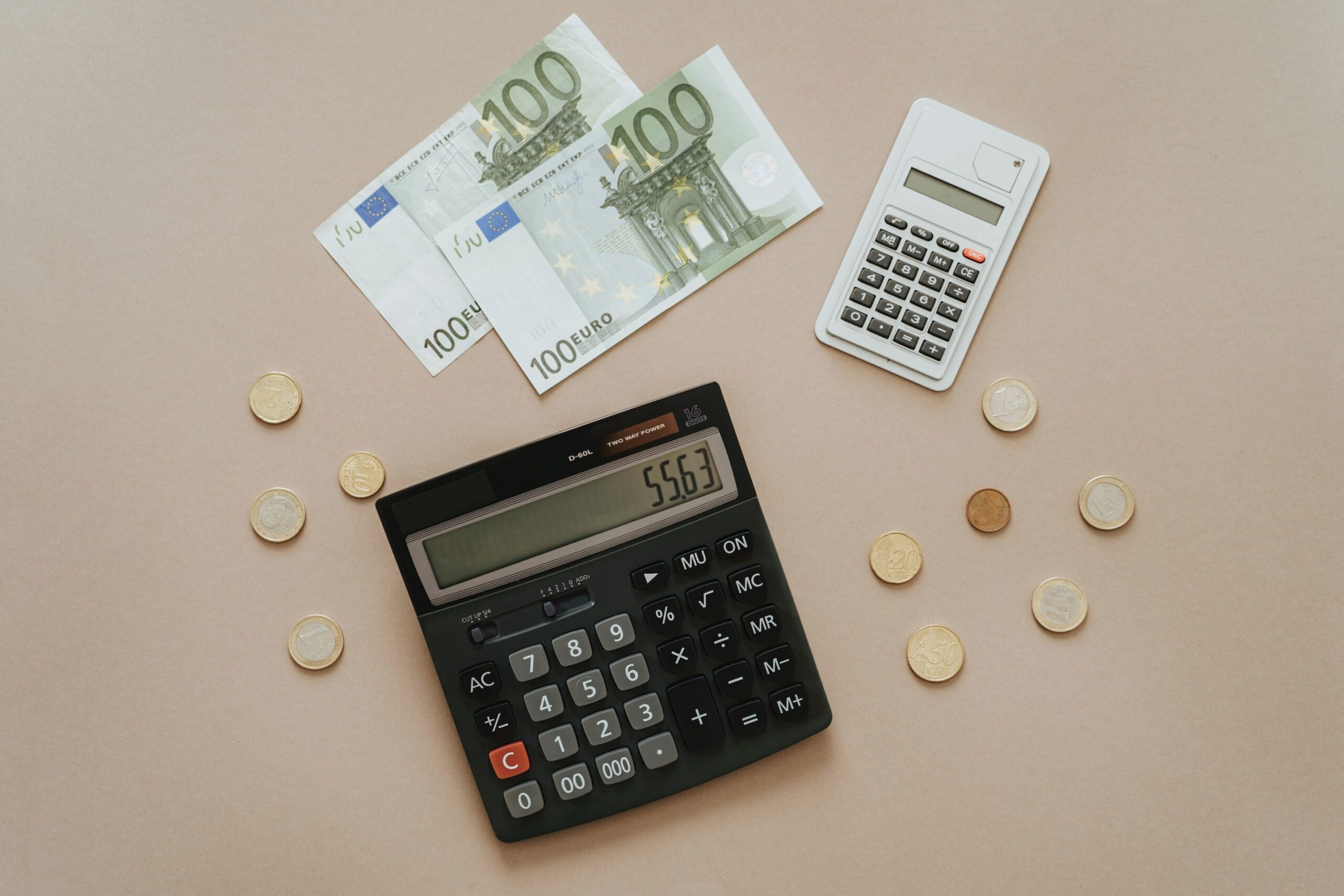As a result of COVID-19, many have experienced financial struggles that weren’t anticipated. Many suffered the loss of their job, wage cuts and reduced demand in contract work.
Though COVID-19 still affects the global economy in ways we have yet to realize, there are many actions we can take as individuals to protect our savings and keep our heads above water in times of uncertainty.
Now is the time to get your finances under control by learning how to save, budget, cut costs, and add to your emergency fund.
Here are four of the best ways you can gain control of your finances during the coronavirus pandemic.
Save for Emergencies:
The recent pandemic illustrated how critical it is to have emergency savings built up in times of uncertainty.
Financial planners recommend building an emergency fund of roughly three to six months worth of expenses in savings. You can save this money in cash or a liquid savings account–we suggest a savings account so you can accrue interest while your money sits.
Use your emergency fund for emergencies such as unemployment, medical bills and other unforeseen life-altering expenses. You should not use your emergency savings for any other type of expense, like entertainment or home remodeling.
The coronavirus has shown us that having an emergency fund is especially crucial during recessions and times of uncertainty. Many who treat their investment portfolios as their savings account find themselves losing a great deal of money. This is because many investors that panic during market downfalls pull out during market lows and miss out on the market recovery.
Take the time to research safe options that offer interest incentives for your savings and emergency fund account. Some banks and credit unions offer higher interest rates for savings accounts than others. Many online banks offer much higher interest rates than traditional brick and mortar banks (BoA offers 0.01 percent savings interest while Ally bank provides a full 1 percent).
Other banks provide emergency fund savings accounts with even higher interest rates – check with your local bank or credit union to see if they offer these accounts.
Manage Debt:
Another way to gain control of your finances and save money during the pandemic is to learn how to reduce or eliminate your debt.
One of the worst debt traps is high-interest credit card debt. With credit cards, you can rack up 20 to 30 percent interest on the debt you owe, which can quickly compound into a vicious debt cycle.
If you can’t pay a high-interest credit card off, apply for low-interest credit cards that allow you to transfer the debt over–just make sure to double-check if there’s a transfer fee.
Credit card companies are making special exceptions with customers impacted by COVID-19. If you’re unable to pay off your credit card, call your credit card company and ask if they can defer this month’s payment, waive late fees or lower your card’s interest rate. Keep in mind any amount you owe will need to be paid off as soon as possible to receive the maximum benefit.
Additionally, if you have a mortgage or student loan debt, you can work with your bank or lender to refinance your loan, defer payments or postpone foreclosure.
Create A Budget:
Creating a budget to track your expenses can help you maintain control over your finances while also relieving financial induced stress.
You can automatically create a budget that tracks your expenses by using an app such as Mint or by using your bank or credit card companies budgeting software.
You can also create a budget manually by tracking your weekly and recurring monthly expenses and creating a plan that you can afford. Either way, figure out where you spend your money and how much you spend, then categorize them by essential and non-essential items.
Essential items include:
- Food & Water
- Shelter
- Health (Mental/Physical)
- Family
- Bills
Once you’ve identified what’s essential, you can increase your contributions to your savings rate by cutting back on non-essential items. This plan should increase your cushion and help you manage your debts without overspending on luxury items.
Cut Your Expenses:
There are multiple ways to cut your expenses, from reducing spending on non-essential items and negotiating payments to shopping for cheap deals and opting for generic-brand goods.
You can reduce your spending by cutting back on non-essential items such as Cable TV and streaming service subscriptions. These cutbacks don’t have to limit your entertainment options either, you can use free streaming services such as Pluto TV, the Roku Channel, Crackle or Kanopy.
Another easy way to cut your expenses is by renegotiating your insurance plans. One of the biggest factors car insurance companies take when determining your insurance rate is the number of miles you drive. If you’re working from home, you can significantly reduce your car insurance bill by updating your insurance company on the miles you drive per month.
Shopping for cheap deals is another great way to cut back on expenses. You can use browser extensions such as Honey to see if there are lower prices available online or if an item is likely to go down in price.
You can also get rid of the tempting marketing emails you receive in your inbox every day by using services like Unroll.Me.
When shopping for food, cutback on expensive produce and perishable goods and opt for more shelf-stable foods such as pasta, rice, carrots, sweet potatoes or frozen fruits and veggies.
Lastly, make sure to put a pause on subscriptions or memberships you can’t use anymore, such as your gym membership. You are entitled to a refund or a stop on your account because you can’t use these services through no fault of your own.
Having control of your finances can seem overwhelming during the pandemic. You can lessen the impact COVID-19 has had by managing your debt, budgeting, cutting expenses and building an emergency fund.


